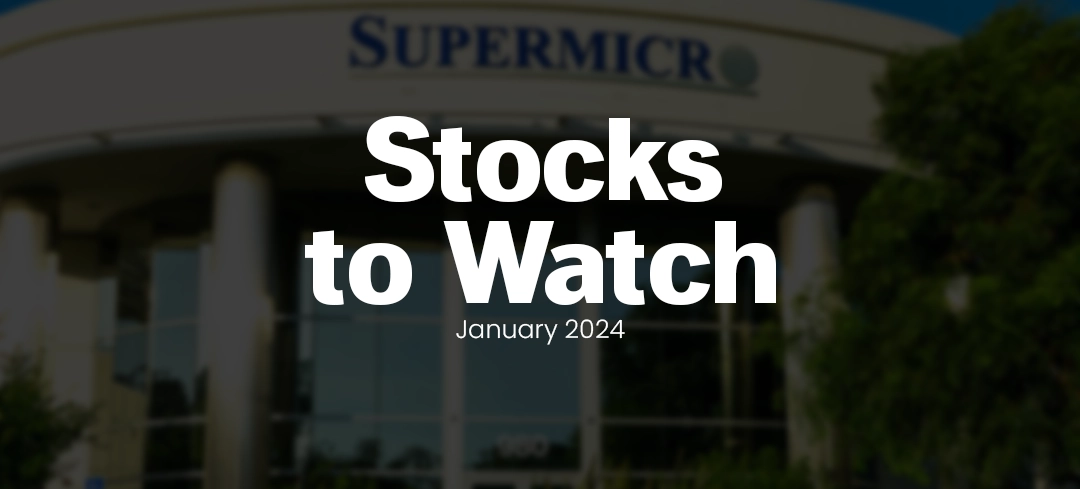US District Judge Yvonne Gonzalez Rogers has decided that major social media companies, including Google (owner of YouTube), Meta (operator of Facebook and Instagram), ByteDance (owner of TikTok), and Snap, will not be able to evade lawsuits holding them accountable for the social media addiction of teenagers.
This ruling comes in response to hundreds of federal lawsuits filed against these companies over the past few years, challenging their assertion that they are not liable for personal injury claims under the First Amendment and Section 230 of the Communications Decency Act. Contrary to the companies’ argument that they are protected by Section 230, which shields publishers from their users’ content, Judge Rogers maintained that the lawsuits extend beyond third-party content.
She pointed out that the companies failed to provide a convincing explanation for not being held responsible for various complaints, including issues related to defective parental controls, the absence of effective age verification systems, and obstacles in the account deactivation process. Simultaneously, she dismissed some complaints, such as those targeting the companies for not restricting specific types of content.
The lawsuits were filed on behalf of minors nationwide. In 2022, a mother from Connecticut filed a lawsuit against Meta and Snap, alleging that they contributed to the addiction that led to her 11-year-old daughter’s tragic suicide. In October of the same year, Meta faced legal action from 41 states and the District of Columbia, accusing the company of being aware that its “addictive” features were detrimental to the well-being of children and teenagers.
Social media companies, particularly Meta, have come under increased scrutiny following revelations by former employee Frances Haugen, who disclosed internal Facebook research indicating that Instagram was “harmful for a sizable percentage of teens.” Google spokesperson José Castañeda responded to the ruling by emphasizing the company’s commitment to child protection.
He stated, “In collaboration with child development specialists, we have built age-appropriate experiences for kids and families on YouTube, and provide parents with robust controls. The allegations in these complaints are simply not true.” A TikTok spokesperson echoed a similar sentiment, telling Reuters that the app has “robust safety policies and parental controls.”



